Allah, the Almighty, says:
…،وَتَعَاوَنُوا۟ عَلَى ٱلْبِرِّ وَٱلتَّقْوَىٰ ۖ وَلَا تَعَاوَنُوا۟ عَلَى ٱلْإِثْمِ وَٱلْعُدْوَٰنِ ۚ وَٱتَّقُوا۟ ٱللَّهَ ۖ إِنَّ ٱللَّهَ شَدِيدُ ٱلْعِقَابِ
“…And cooperate with one another in goodness and righteousness, and do not cooperate in sin and transgression. And be mindful of Allah. Surely Allah is severe in punishment.” (Qur’an Surah Al-Ma’idah 5:2)
Imam Al-Qurthubi, in his tafsir (exegesis), explains that this verse calls for cooperation in all that is virtuous and beneficial to both religion and society. On the other hand, collaboration in wrongdoing and injustice is prohibited, as it undermines the foundations of human life and the spirit of brotherhood.
Also Read: Enchanted by K-Dramas, Dragged into Slander: Time for Muslims to Rise!
Imam Ibn al-Qayyim further elaborates that al-birr (righteousness) encompasses all forms of goodness, both internal and external, individual and collective, while its opposite, al-ithm (sin), refers to actions that are corrupt and blameworthy. Scholars across generations have agreed that such righteousness involves values such as justice, truthfulness, social responsibility, and compassion.
This Qur’anic guidance not only shapes individual conduct but also informs collective ethics, including how nations interact with one another. It urges communities to form alliances grounded in shared values, particularly in the pursuit of justice, dignity, and liberation from oppression. These principles became especially pertinent during the mid-20th century, a time when anti-colonial movements surged across Asia and Africa.
The 1955 Asian-African Conference in Bandung, Indonesia, was a landmark event that embodied these ideals. Bringing together delegates from 29 nations, many newly independent or still under colonial rule, the conference stood as a bold assertion of unity, resistance, and shared hope. It marked the beginning of a global South-South solidarity movement, rooted in mutual respect, cultural understanding, and a commitment to ending imperial domination.
As Indonesia commemorates the 70th anniversary of this historic conference in April 2025, the occasion calls not only for reflection but for a reaffirmation of its founding principles. Among the earliest supporters of Indonesia’s journey to independence was Palestine, a nation whose own struggle for sovereignty continues today.
Also Read: Creating Opportunity and Avoiding Misery; Lesson Learn on Waste Recycling Issue
Palestine’s support for Indonesian independence stretches back centuries. A notable early connection is found in the legendary figure of Admiral Malahayati, a renowned female warrior from Aceh (1550–1615), said to have been trained at the Baitul Maqdis Military Academy in Jerusalem. She later led successful naval operations against Dutch invaders, famously defeating Cornelis de Houtman and capturing his brother Frederick de Houtman, symbolizing a deep-rooted bond of Muslim solidarity that transcended geographical boundaries and foreshadowed the mutual support between Palestine and Indonesia in the modern era.
In the 20th century, Palestinian leaders played a significant role in amplifying Indonesia’s call for independence on the international stage. Among the most prominent figures was Sheikh Muhammad Amin al-Husseini, the Grand Mufti of Jerusalem. During World War II, while Indonesia was under Japanese occupation, he used his platform in Berlin to issue a strong public statement of support. In a 1944 radio broadcast, he urged the Muslim world to acknowledge and assist Indonesia’s struggle, declaring that freedom was the rightful claim of a nation long oppressed.
Another key supporter, Muhammad Ali Taher, a Palestinian-born Egyptian parliamentarian, who leveraged his political influence across the Arab world to advance Indonesia’s independence. He provided crucial support to Indonesian diplomats like Haji Agus Salim in forging international alliances and even contributed his own financial resources to their mission. His actions exemplified the spirit of ta’awun (mutual cooperation in righteousness), offering more than rhetoric, real political and material assistance.
Palestine was also among the earliest entities to recognize Indonesia’s independence following its proclamation on August 17, 1945. This recognition carried significant weight at a time when Dutch forces sought to reclaim colonial control. The moral and diplomatic legitimacy provided by the Arab world, led in part by Palestine, helped strengthen Indonesia’s position on the global stage.
Also Read: Between the Treaty of Hudaybiyyah and Ceasefire in Gaza
This act of solidarity holds enduring meaning. It reflects a profound commitment to shared ideals despite the ongoing hardships Palestine faced and continues to endure. By supporting Indonesia, the Palestinian people showed that the pursuit of justice transcends national boundaries, and that oppressed peoples often become each other’s strongest allies.
Indonesia has never forgotten this support. From the earliest days of independence to the present, Indonesia has consistently upheld the Palestinian cause. Its commitment is rooted not only in shared history, but also in constitutional and moral principles. Article 1 of Indonesia’s 1945 Constitution affirms the nation’s opposition to all forms of colonialism, and its foreign policy reflects this stance.
On October 3, 1947, just two years after independence, Indonesian national radio RRI Yogyakarta broadcasted a strong rejection of the United Nations’ proposed partition of Palestine. The statement condemned the plan as unjust and disconnected from the legitimate aspirations of the Palestinian people. This opposition was later echoed by President Sukarno at the 1955 Bandung Conference, where he declared: “As long as the people of Palestine have not regained their freedom, Indonesia will stand firmly against the occupation by Israel.”
This legacy of solidarity has remained consistent across successive Indonesian leaders. Through international platforms, such as the United Nations, the Organization of Islamic Cooperation (OIC), and the Non-Aligned Movement, Indonesia continuously advocates for Palestinian sovereignty and urges global recognition of an independent Palestinian state.
Also Read: Peace Cannot Be Achieved Without a Palestinian State
Indonesia’s support also extends to concrete humanitarian initiatives. Government institutions, civil society organizations, and the broader public frequently mobilize resources to assist Palestinian people. The Indonesian Hospital in Gaza, built and funded through public donations and operated in partnership with the humanitarian NGO MER-C, serves as a lasting symbol to the strength of this solidarity. Plans are currently underway by Maemuna Center Indonesia to establish a maternity and children’s hospital in Gaza, further expanding life-saving care for Palestinian families.
Indonesian civil society remains actively engaged in advocating for the Palestinian cause. Public demonstrations, fundraising campaigns, and educational initiatives continue to raise awareness and express solidarity. For many Indonesians, the defense of Al-Aqsa Mosque, Islam’s third holiest site, resonates deeply as both a religious and moral obligation.
This collective support goes beyond politics; it is a reflection of Indonesia’s soul. Rooted in religious beliefs, national identity, and a shared history of resistance, Indonesia’s unwavering commitment will remain until Palestine gains full independence. []
Mi’raj News Agency (MINA)
Also Read: Facing the Wall: Netanyahu and Ambitions Built on Blood





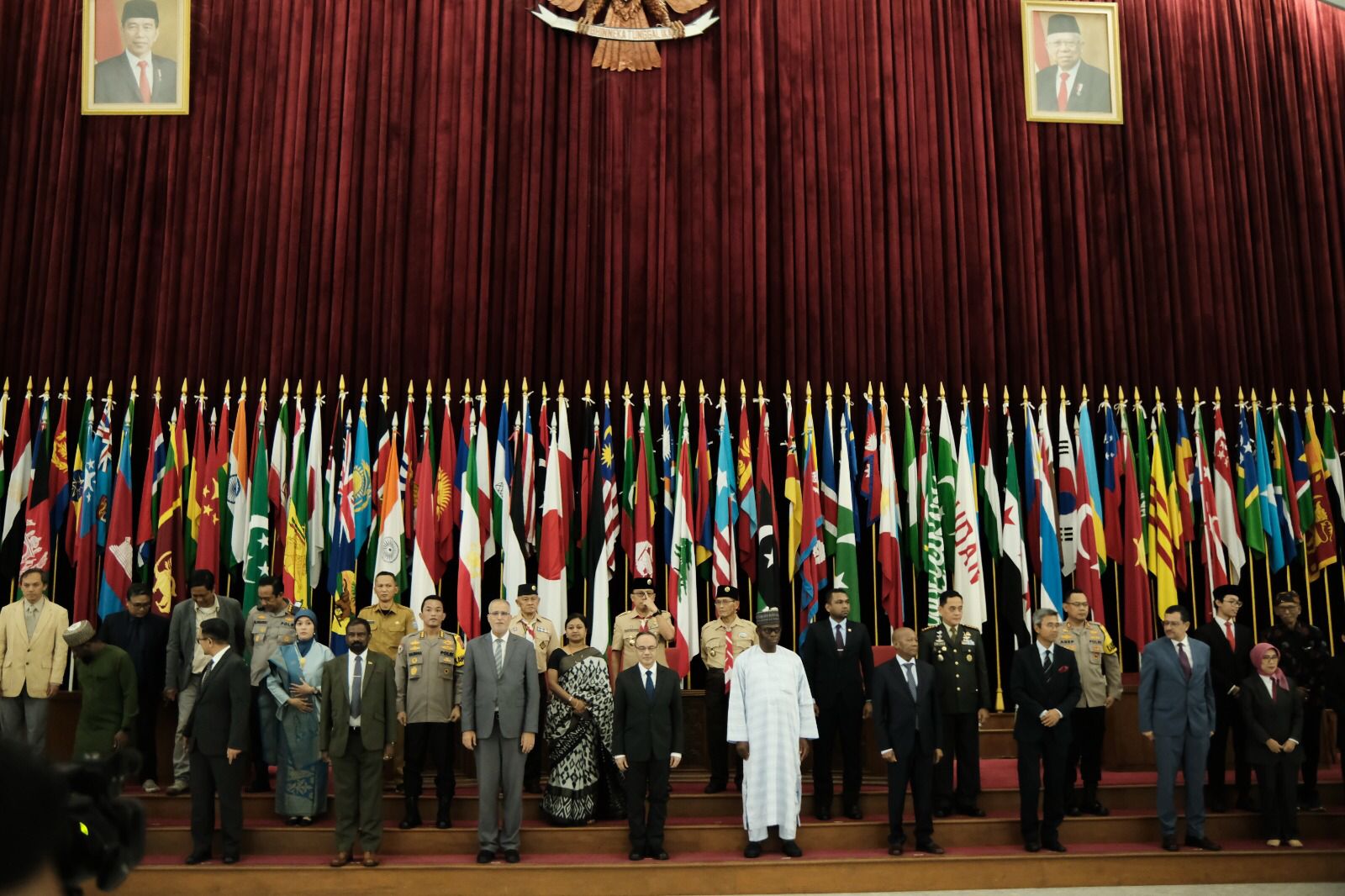

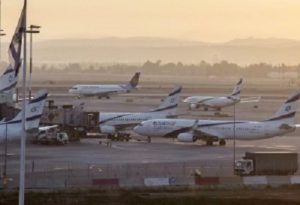
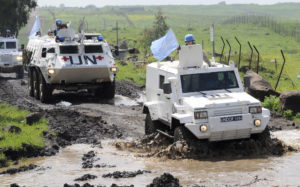






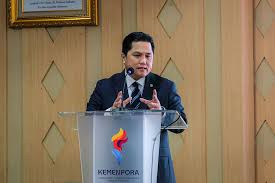

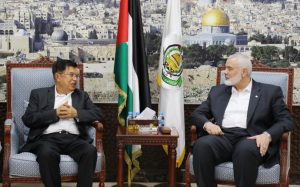
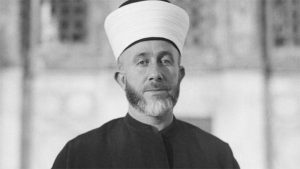
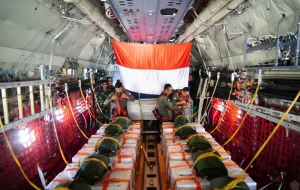
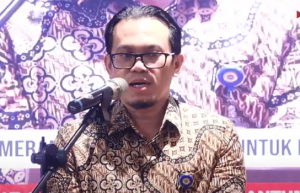







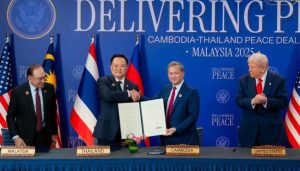






 Mina Indonesia
Mina Indonesia Mina Arabic
Mina Arabic